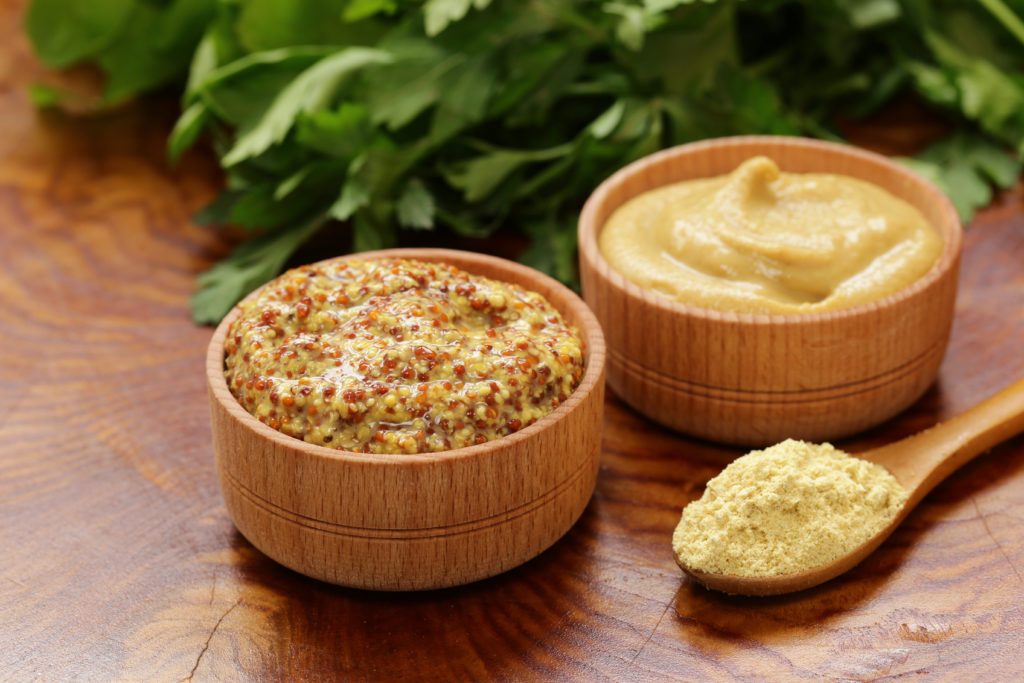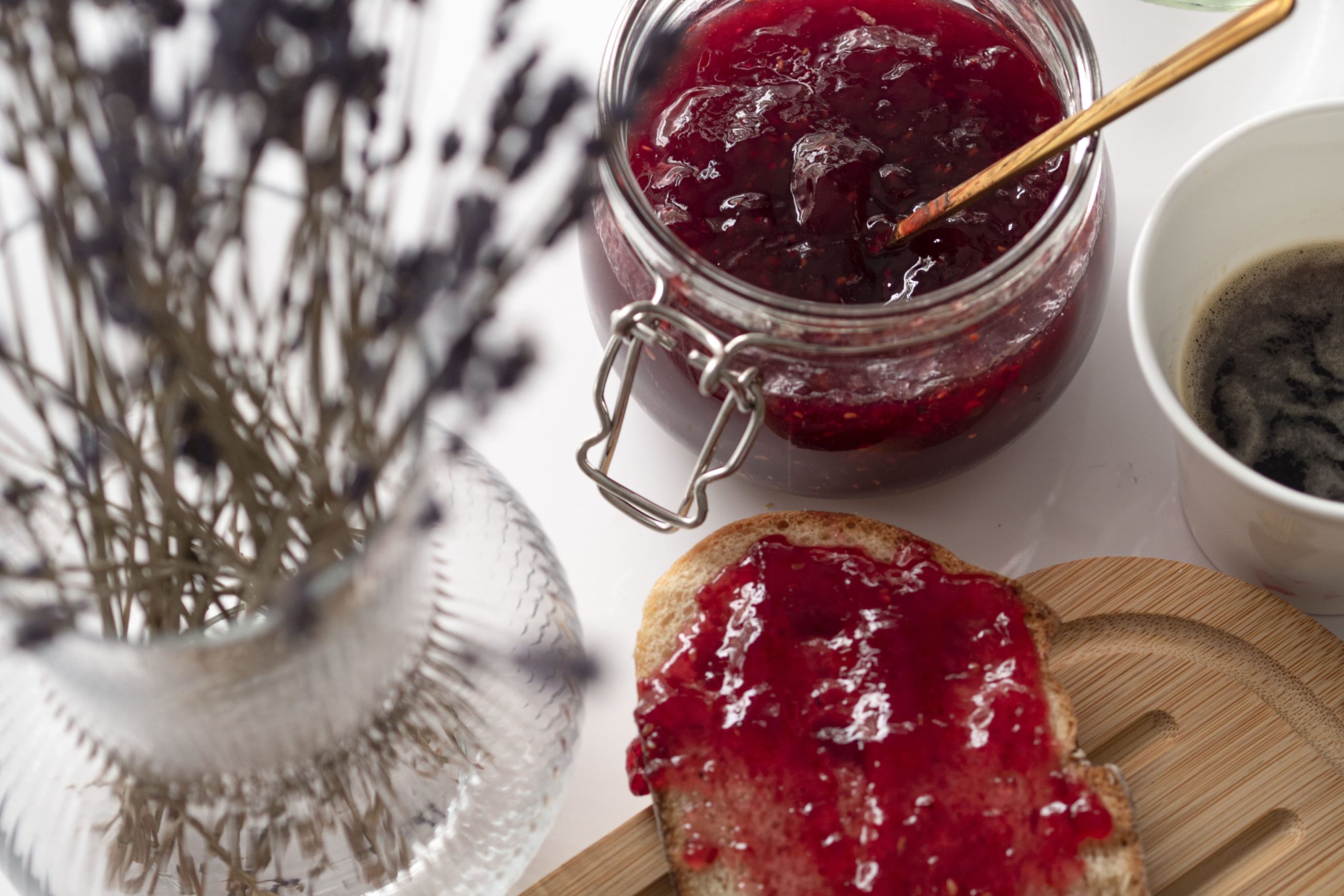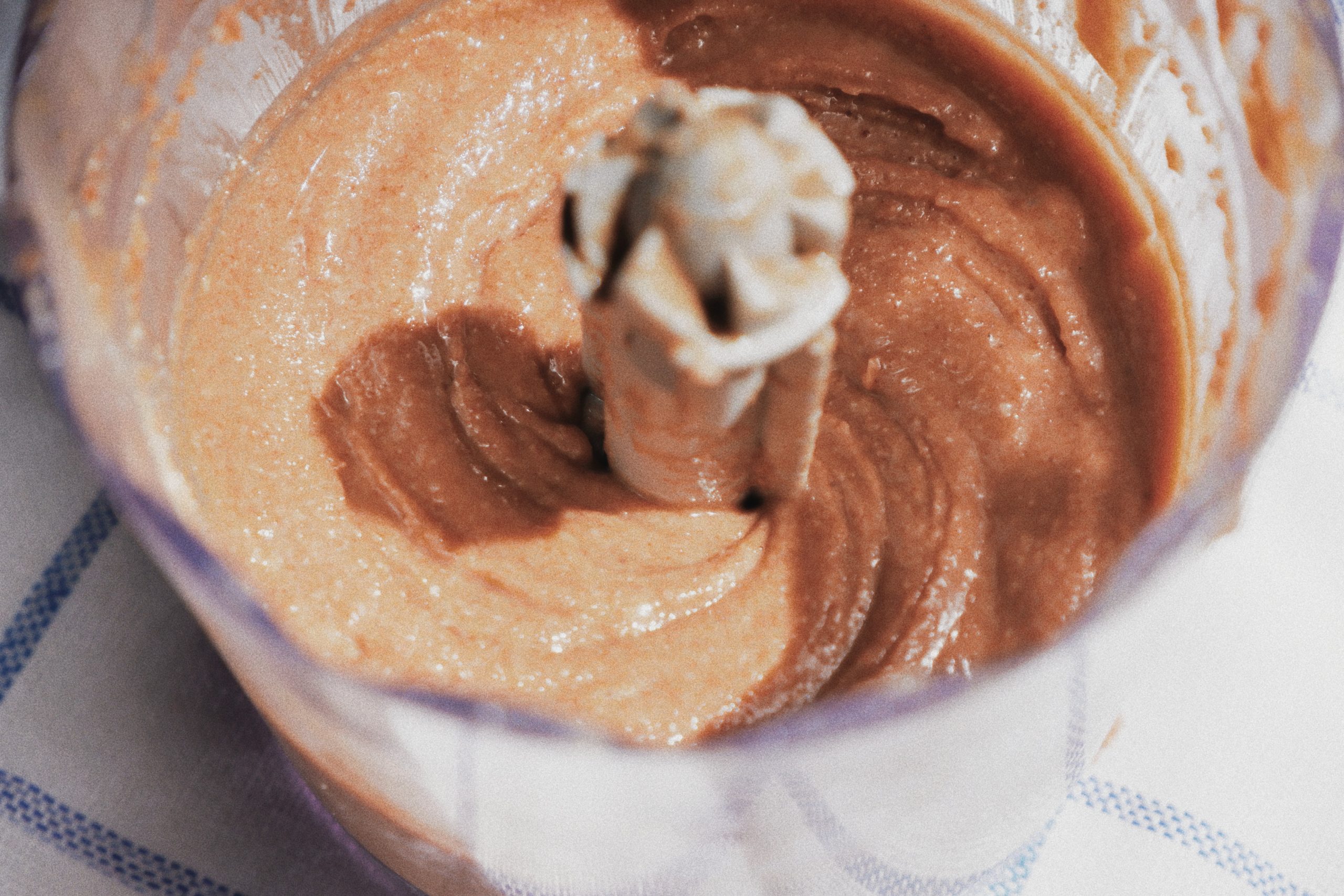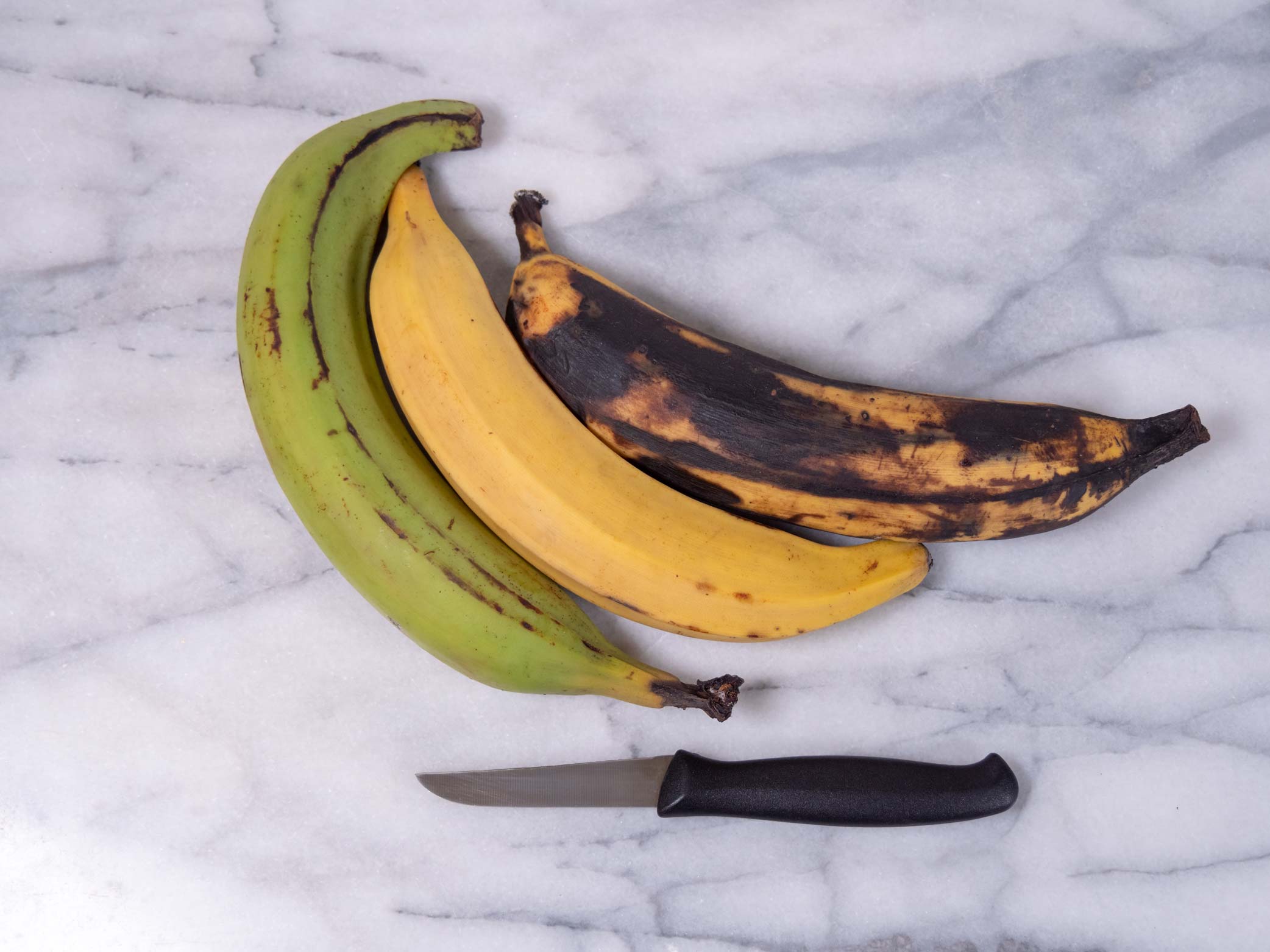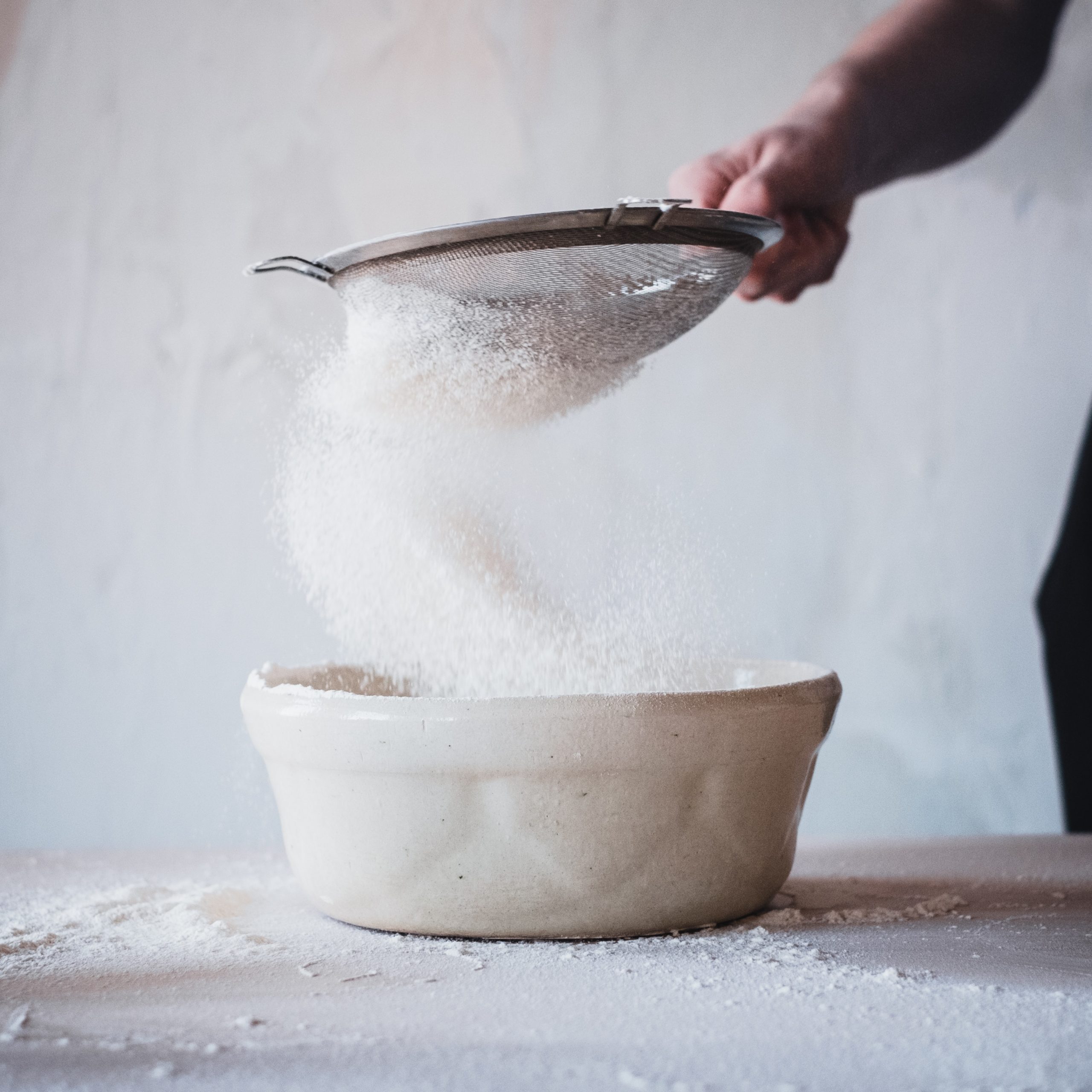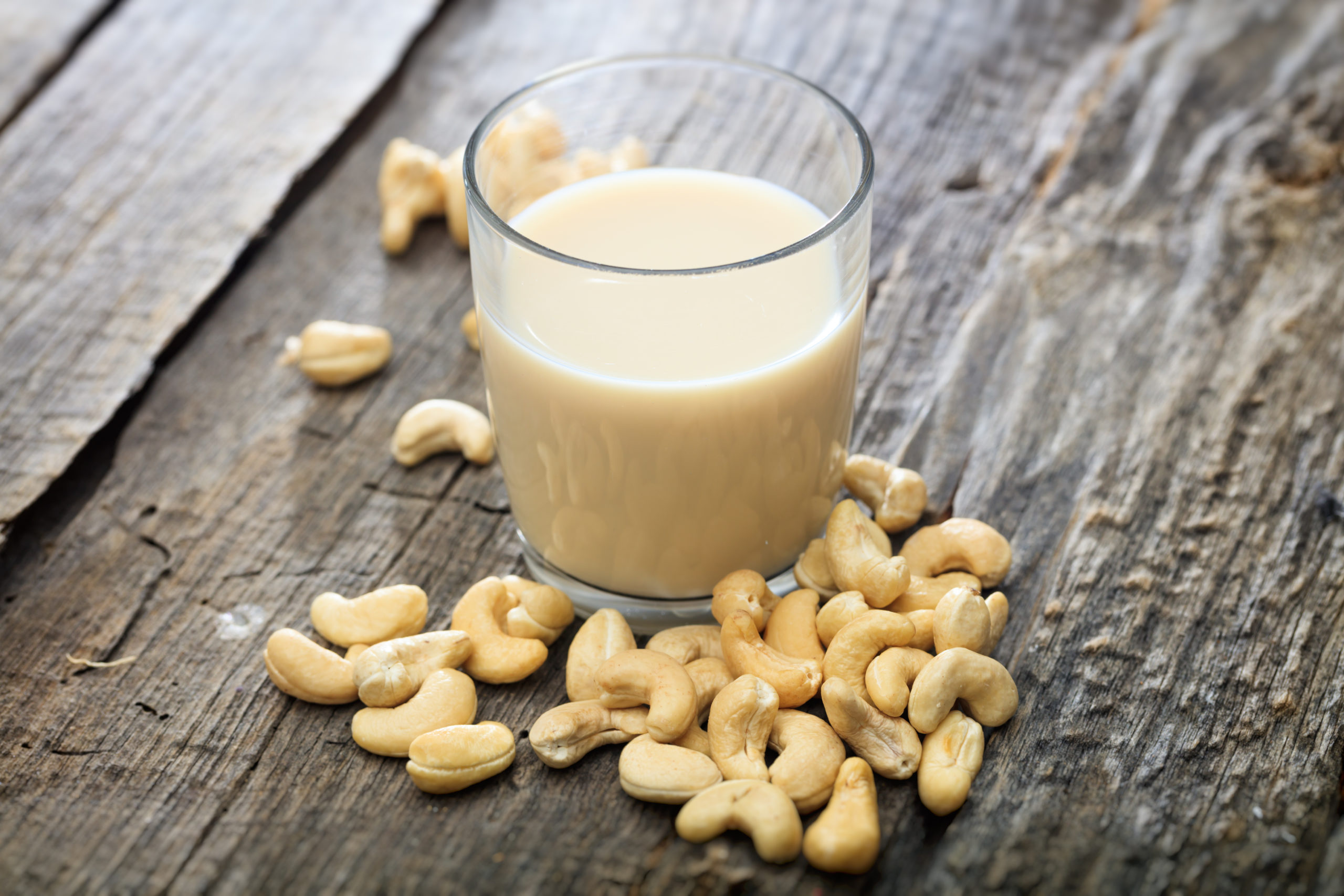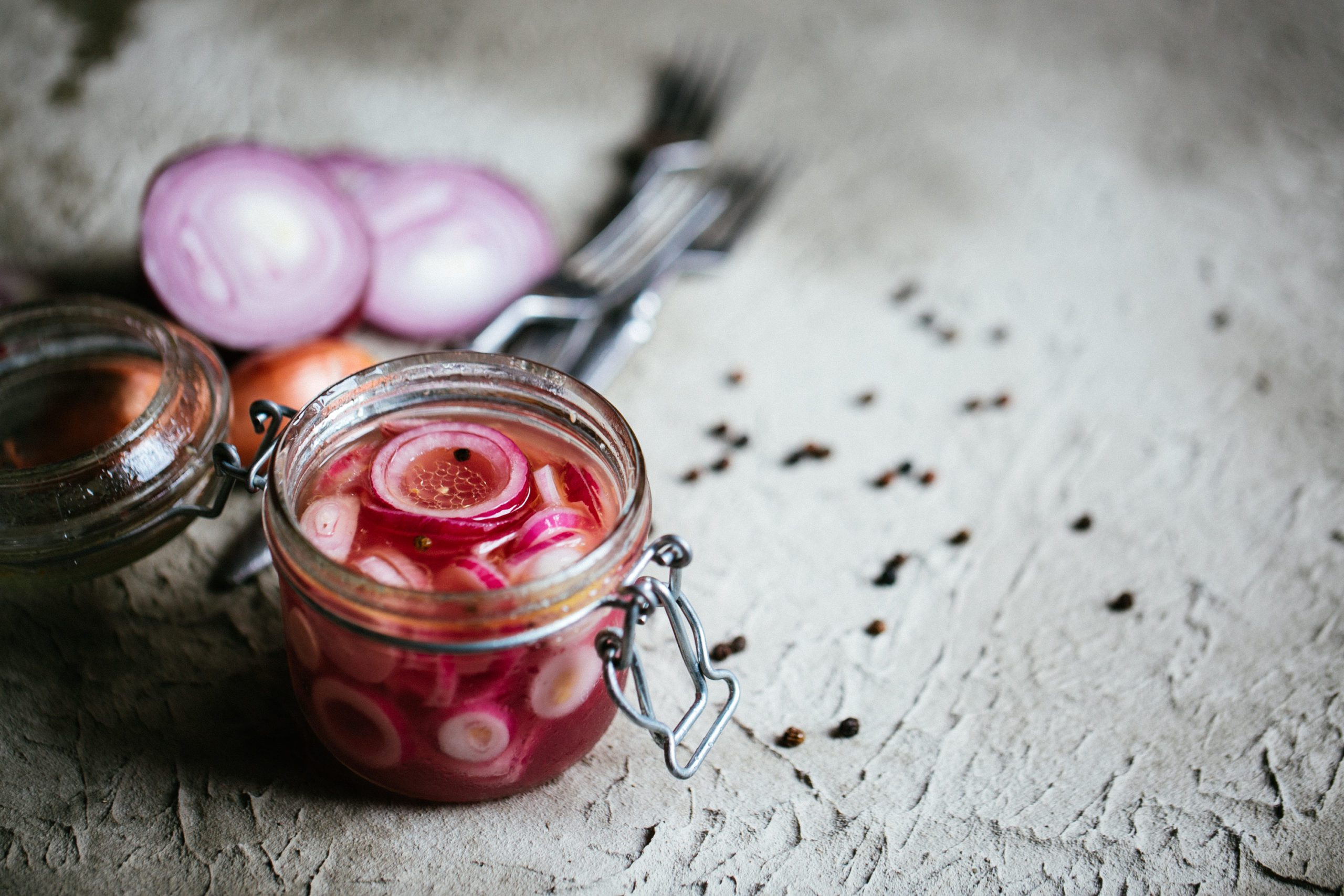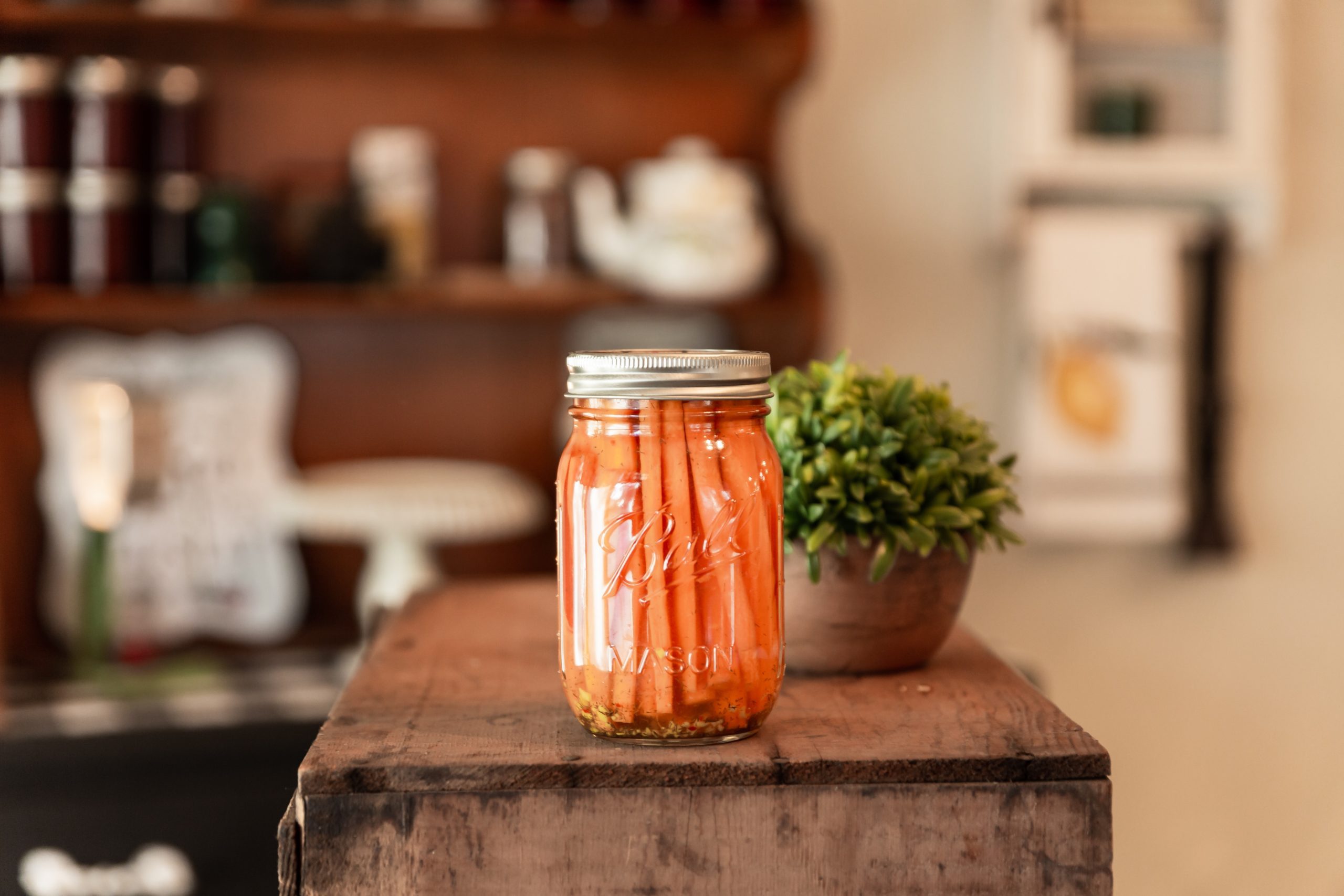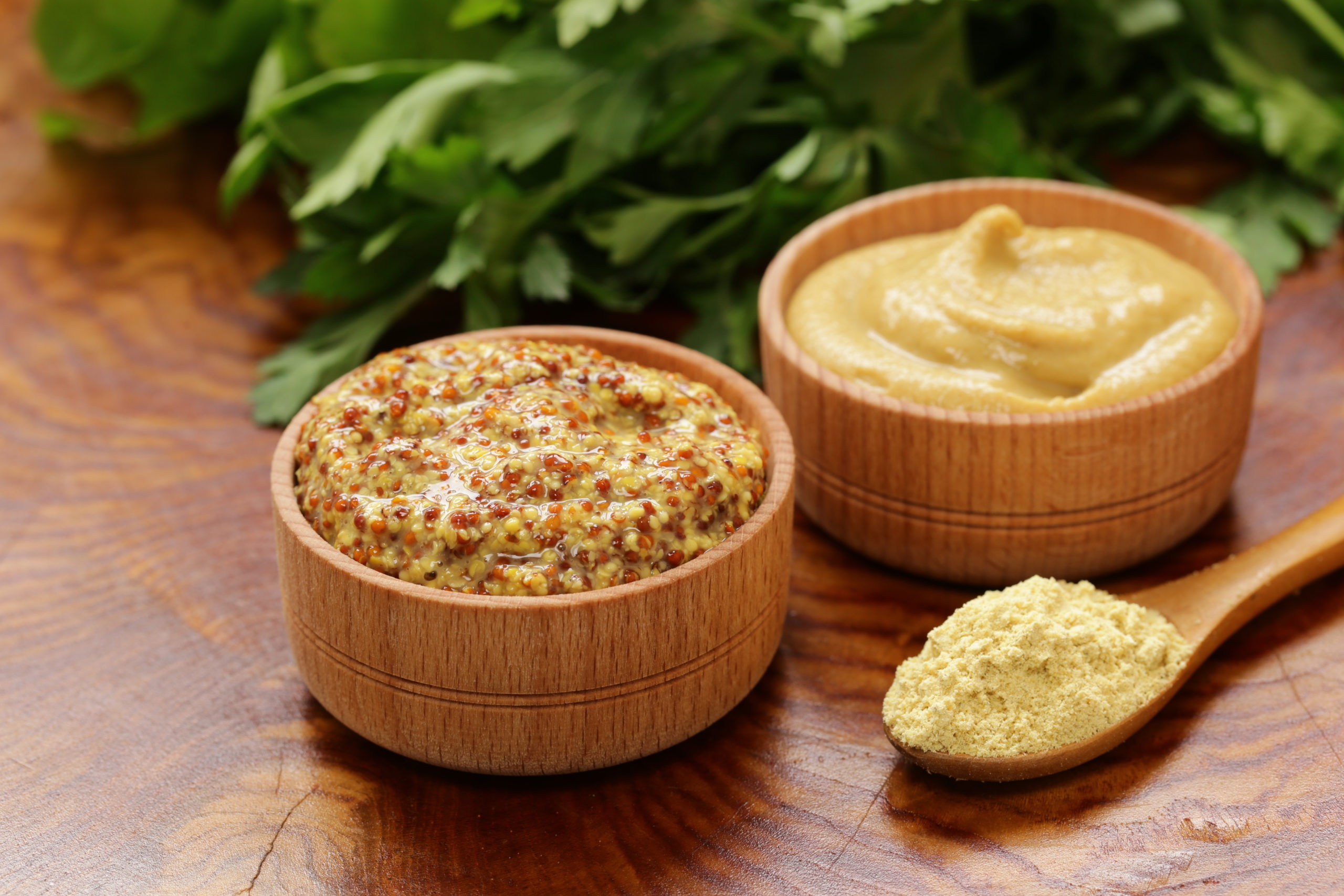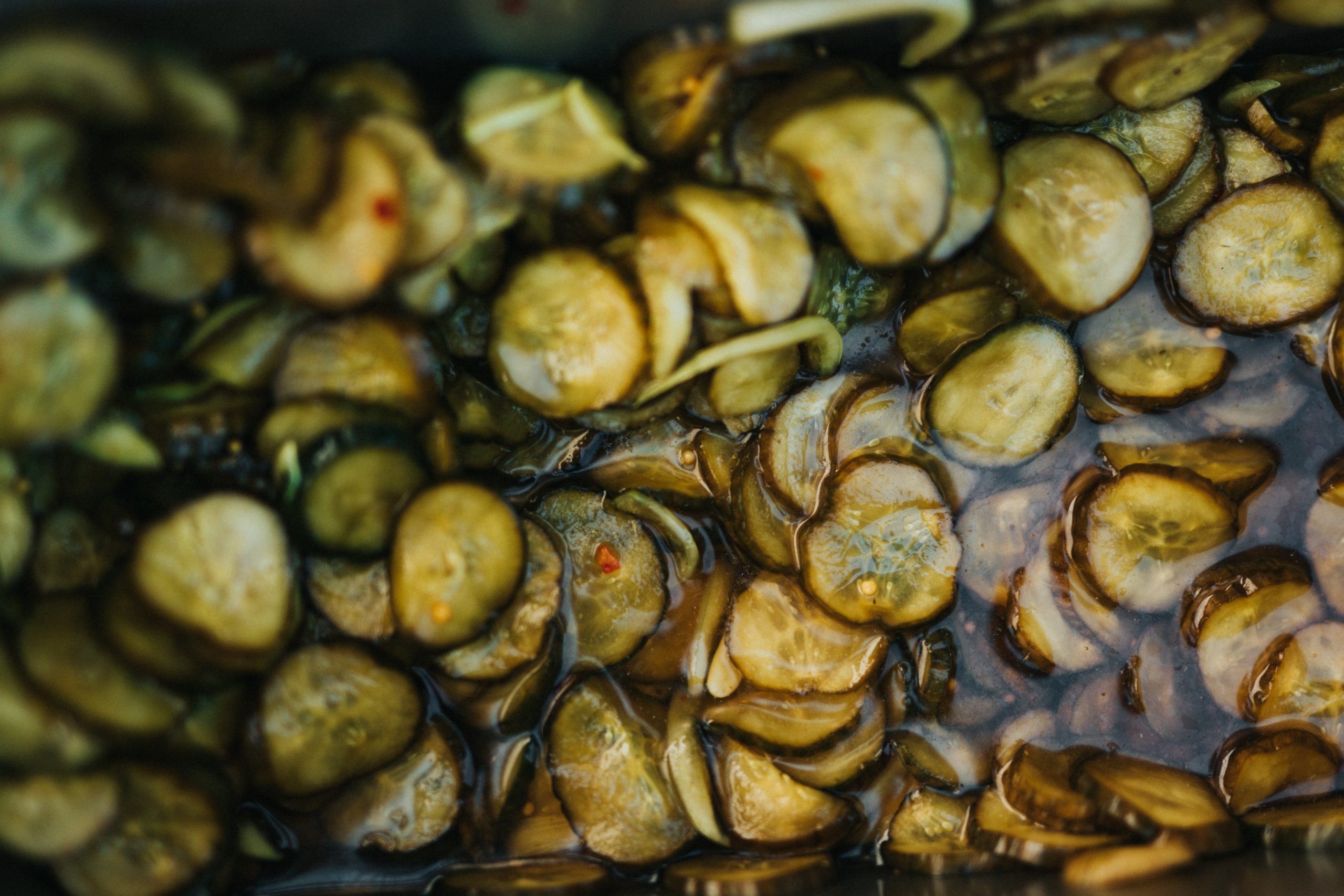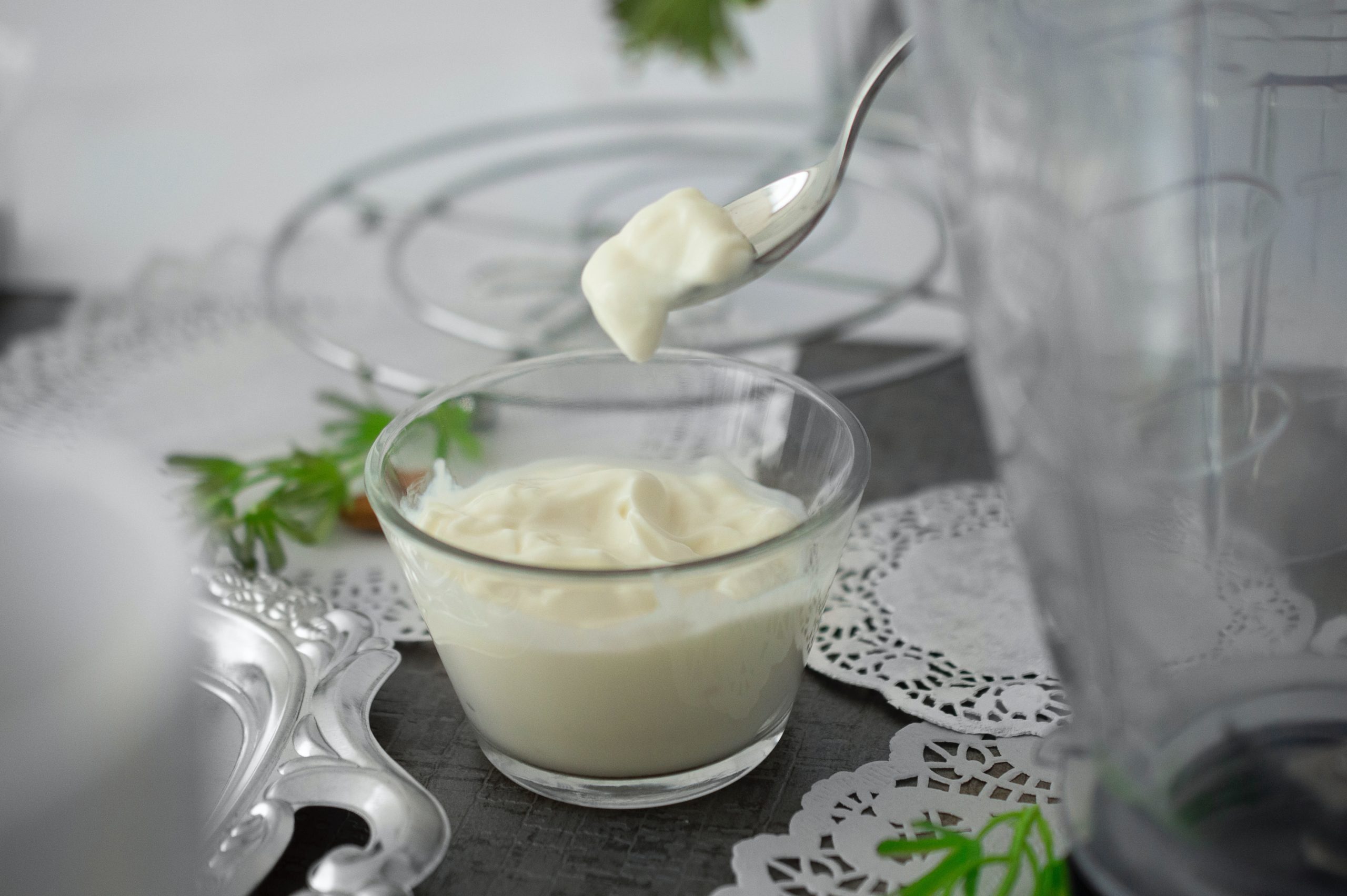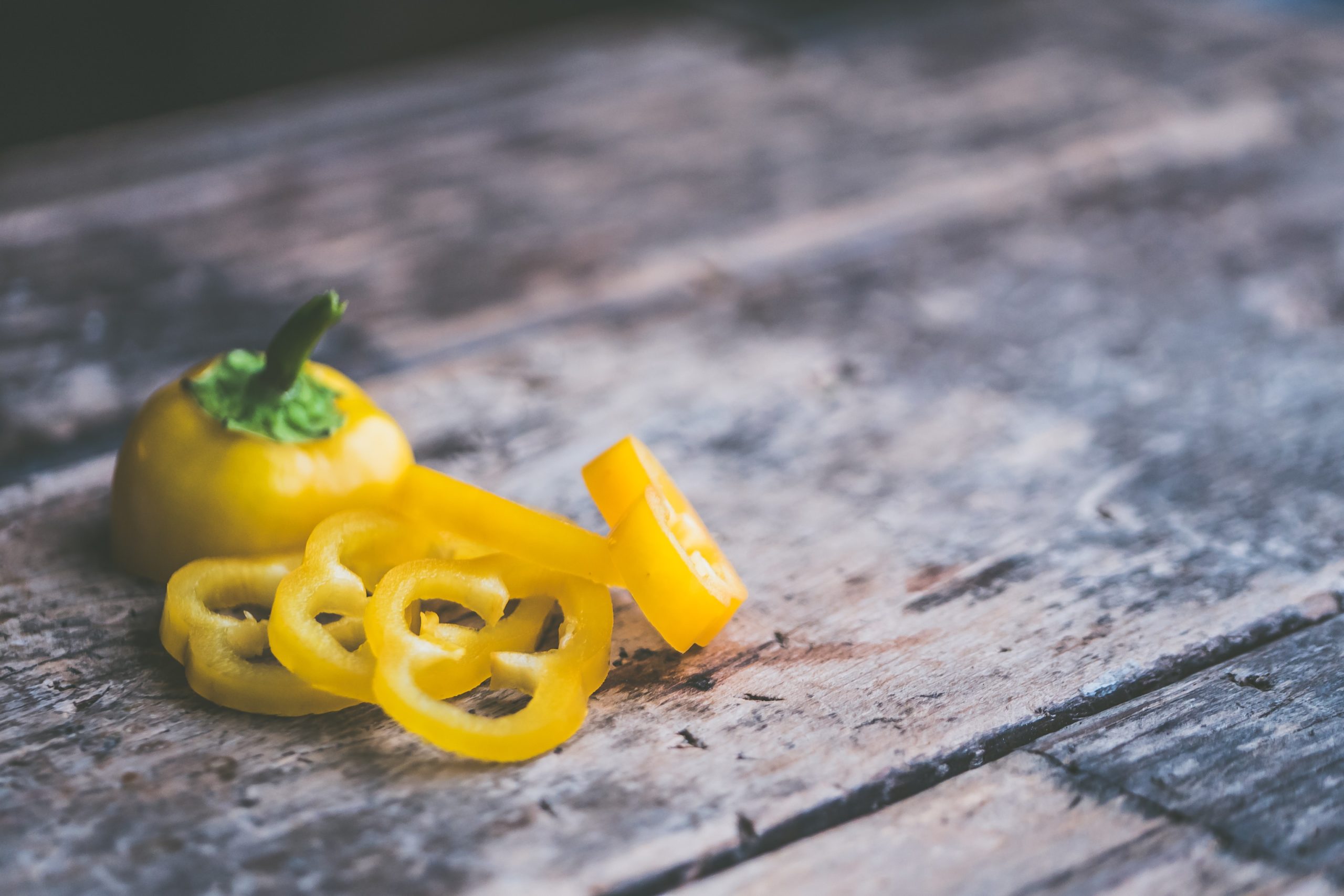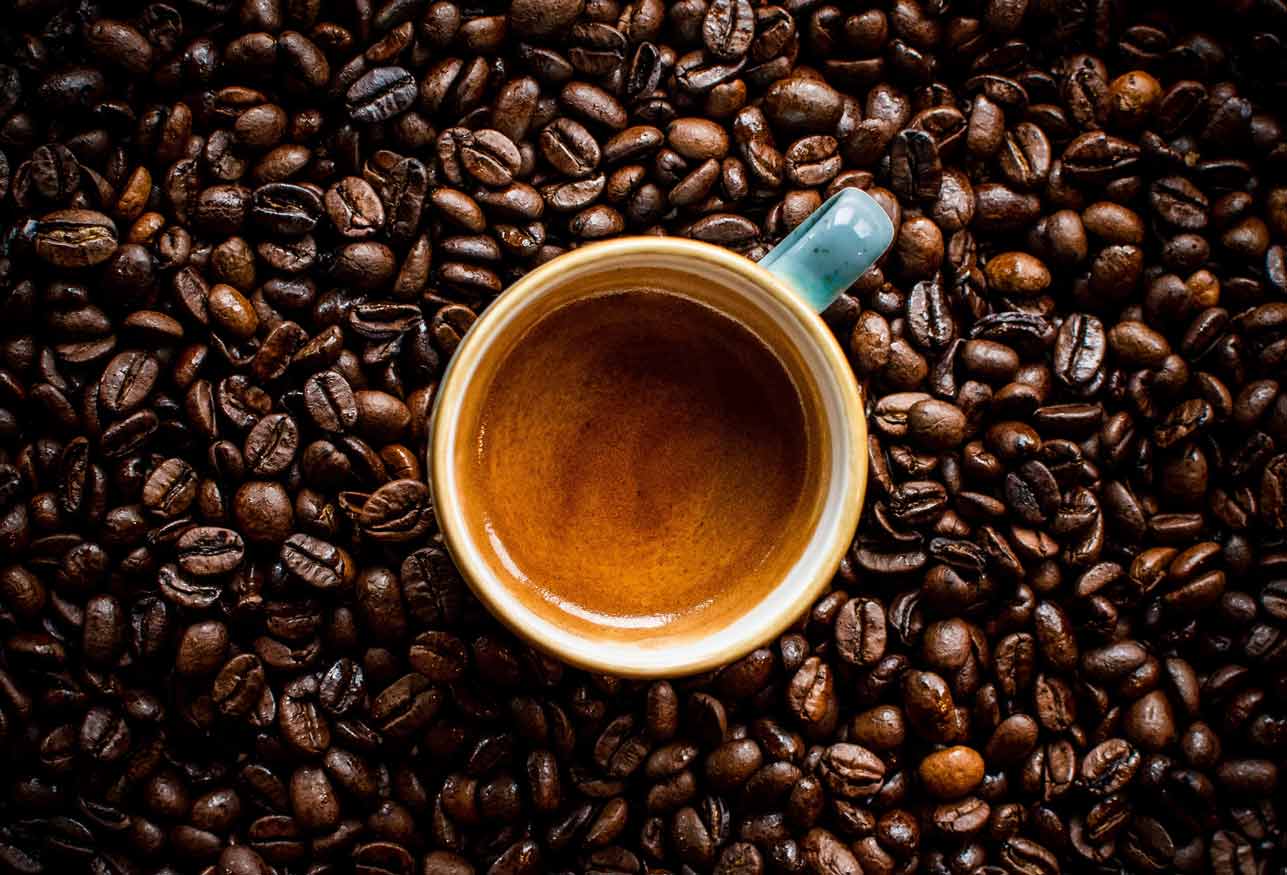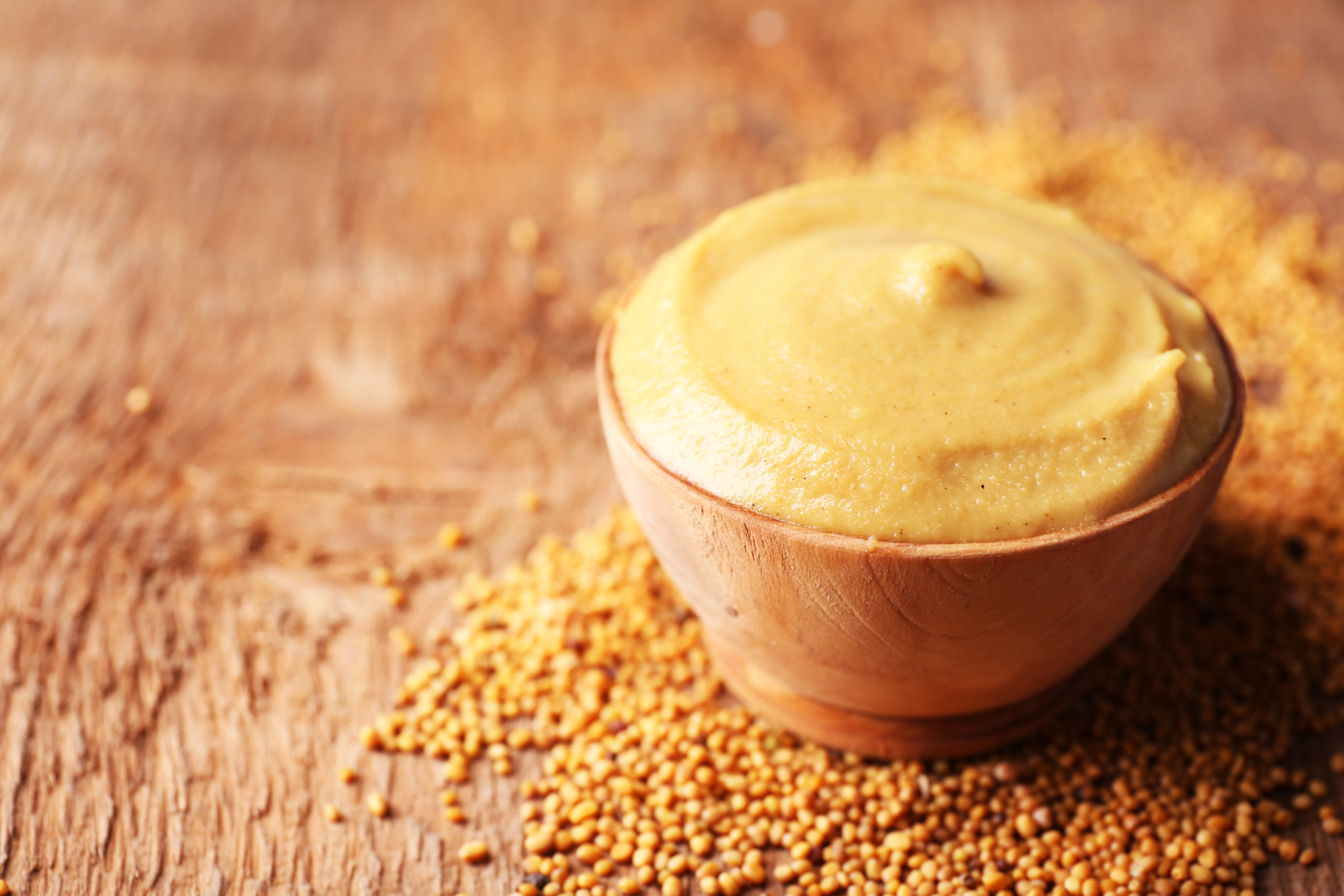Yes, the ingredients that make up a basic organic Dijon mustard are gluten free, making them safe for people with celiac disease and non-celiac gluten sensitivity.
Most product labels on popular mustard brands contain the same mixture of ingredients:
- Mustard seeds (gluten free)
- Ground mustard seed or mustard powder (gluten free)
- Vinegar (not always gluten free)
- White wine or chardonnay wine (gluten free)
- Water (gluten free)
- Turmeric (gluten free)
- Variety of simple spices (gluten free)
- Citric acid (gluten free)
- Tartaric acid (gluten free – from the wine)
But not all vinegars are gluten free
Specifically, anything made with malt vinegar will not be gluten free since it’s made with the same grains used in beer. And because it’s not distilled, it will contain gluten.
If the ingredients statement on the mustard says it was made with malt vinegar, that means it could also have other gluten-containing ingredients like wheat flour.
While most of the major brands don’t use it, it’s important to note that companies aren’t required to release the source of their vinegar.
So even if it simply reads “vinegar” it’s hard to say where, or how, that vinegar was sourced.
It’s especially important to check the vinegar source in smaller gourmet brands or other homemade mustards you might find at a farmer’s market.
Watch out for natural flavors
Things get even more complicated when you see the phrase “natural flavors” on nutritional information panel.
The term “natural flavors” describes vague elements that were used to flavor the product.
It does not actually mean that the mustard was flavored using natural ingredients.
The risk of cross contamination or cross-contact of ingredients
It’s always best to check the most updated allergen statements on the backs of bottles to see if it states that it may contain gluten.
But unless the label specifically states that the Dijon mustard is certified gluten-free, the risk of cross contamination always exists, even in facilities with good manufacturing practices.
A gluten-free certification organization like the Certified Gluten Free Organization not only check that the product is gluten free, but also certify the manufacturing line and facility of the mustard manufacturers.
This means that the risk of cross contamination during production is virtually nonexistent.
The safest solution is to make your own delicious Dijon mustard
The process of narrowing down your gluten-free options when it comes to mustard can feel overwhelming. Making your own can be the best way to avoid the headache of reading the ingredients list.
Plus, making Dijon mustard is an incredibly simple process, and takes less than 10 minutes.
And as an added bonus, you can easily use your own Dijon in multiple ways, like adding it to homemade salad dressing.
To make it gluten-free, the most important part is using distilled white vinegar.
Because the vinegar is distilled, it contains no gluten, making you certain that your own mustard is 100% gluten free.
If you’re interested in making your own, just follow our simple Dijon mustard recipe right here.
Here’s a list of certified gluten-free label popular brands
Because not everyone wants to make their own mustard, here’s a list of gluten free mustard options (at this time of purchase) you can find in most grocery stores.
Keep in mind, not all of these are labeled gluten-free. Always check the label and product information yourself:
- French’s Dijon Mustard
- Grey Poupon Dijon Mustard
- Annie’s Naturals Organic Dijon Mustard (also NON-GMO and Cert Organic)
- Heinz Mustard
- Koops’ Mustard
- Organicville (Certified Gluten-Free)
- Gulden’s
Most Dijon mustard is gluten free, but it’s best to be safe
Complications with the source of vinegar and cross contamination can make the answer a little more blurry.
The safest solution is to either make your own using a distilled white vinegar, or purchase a certified gluten-free brand from the grocery store.
And for more information, you can always consult an authority like the National Celiac Association or the Celiac Disease Foundation.
Enjoy those hot dogs! Buns are overrated anyways!!
Interested in making your own mustard? Check out our recipe for this basic yellow mustard (plain mustard).

